Life can be pretty tough and stressors like the coronavirus (COVID-19) pandemic can make children and adults feel even more down or sad. As a parent, you can pay attention to mood changes in your child by looking for some of the depression warning signs below.
What is depression?
Depression is a relatively common mental health problem that affects a person’s physical, emotional and social wellbeing. Depression may be caused by biological factors (e.g. family history of depression, hormonal changes, medical illnesses, brain chemical changes, etc.), social-emotional factors (e.g. ineffective coping skills, low self- esteem, negative thinking styles, etc.) and/or environmental factors (e.g. poor peer relationships, academic problems, stressful events, etc.).
What are some depression warning signs?
Symptoms of depression can vary depending on development and age. Generally speaking, however, caregivers may notice the following common signs and symptoms:
- Sad, down, blue mood most of the day, nearly every day
- Children more often depict grouchy or irritable moods
- Noticeably reduced interest or enjoyment in things that used to be fun
- Not wanting to be around other people as much as you used to
- Changes in sleep patterns (sleeping more or sleeping less)
- Changes in appetite (more/less) or weight (gain/loss)
- Young children may not meet weight milestones
- Feeling fatigued, more tired than usual or having less energy
- Problems with concentrating (e.g. schoolwork), focus, decisiveness
- Feeling helpless or worthless
- Having low self-esteem and/or excessive or inappropriate guilt
- More aches and pains (e.g. headaches, stomachaches, etc.)
- Recurring thoughts about death, self-harm or suicide
How can depression look different across childhood?
Infancy and early childhood
- Prolonged sadness and/or irritability in combination with disrupted sleep, poor appetite and little activity
- Limited or low engagement, responsiveness and reciprocity with caregivers and others
- Delayed achievement or regression of developmental milestones
Childhood
- Expressed guilt, low self-esteem, poor self-efficacy
- Somatic complaints, such as headaches, stomachaches or feeling ill
- Irritability, tantrums or other behavior problems
Adolescence
- Withdrawal from adults, but may still spend time with close friends
- For teens, emotional changes can be expressed through irritability or anger in lieu of sad or down mood
- Poor sleep hygiene (getting sleep, but at varied hours)
What do I do if I’m worried about my child’s mood?
If your child exhibits the above depression warning signes and you are worried about how your child is feeling or behaving, you should contact your pediatrician.
Are you worried about your child’s mood and weight? Researchers at Children’s National want to learn about stopping depression and diabetes in teenagers! Eligible youth ages 12-17 are invited to participate in a 6-week virtual group program with compensation provided. Click here for more information!
 https://riseandshine.childrensnational.org/wp-content/uploads/2024/06/sad-mom-with-baby-feature.jpg
300
400
Rise and Shine
https://riseandshine.childrensnational.org/wp-content/uploads/2017/11/childrens_riseandshine_logo.jpg
Rise and Shine2024-06-26 11:32:192025-09-16 15:54:00Beyond baby blues: Understanding perinatal mood and anxiety disorder (PMAD)
https://riseandshine.childrensnational.org/wp-content/uploads/2024/06/sad-mom-with-baby-feature.jpg
300
400
Rise and Shine
https://riseandshine.childrensnational.org/wp-content/uploads/2017/11/childrens_riseandshine_logo.jpg
Rise and Shine2024-06-26 11:32:192025-09-16 15:54:00Beyond baby blues: Understanding perinatal mood and anxiety disorder (PMAD)











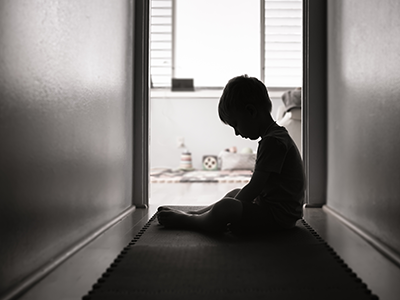
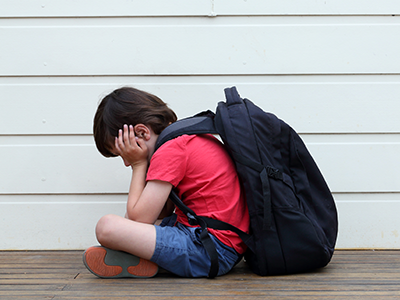

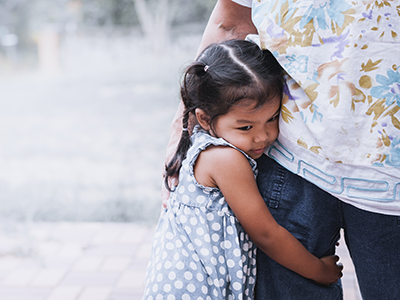




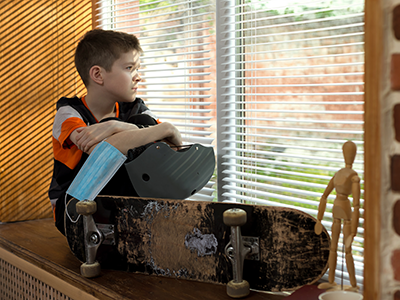

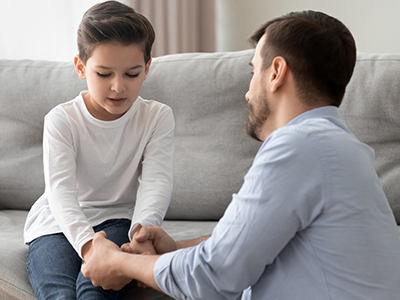
Leave a Comment
Want to join the discussion?Feel free to contribute!